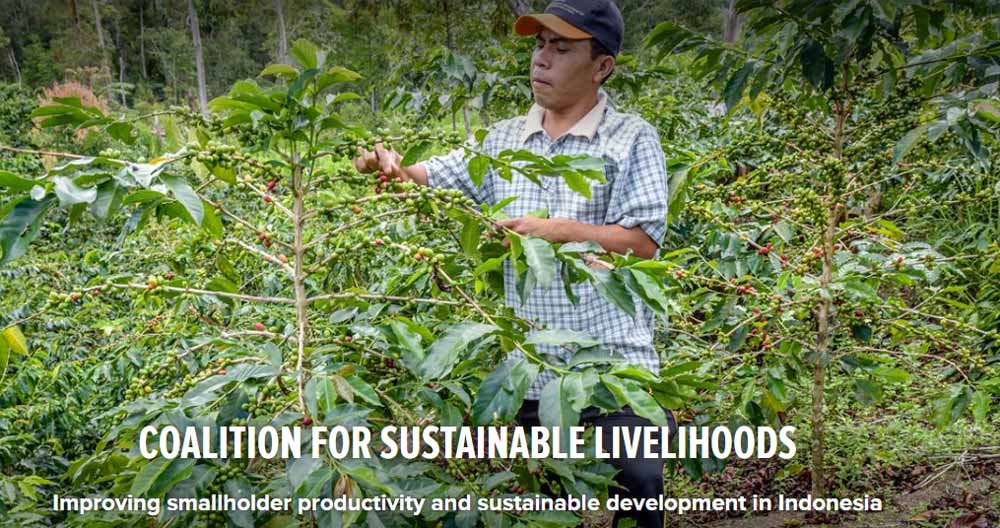The Jurisdictional Approach: forests
The Jurisdictional Approach
Deforestation is a global problem with global implications. While each company can do its part to mitigate the problem of deforestation in its supply chains, stopping deforestation can’t be done at a farm-by-farm level. EDF+Business endorses “Jurisdictional Approaches,” which enable companies to collaborate with local governments and other stakeholders to increase productivity and reduce deforestation over an entire region, not just in a single supply chain.
Long-term solutions, long-term benefits
To date, over 400 many companies have set 2020 deforestation-free commitments in their supply chains. However, we are still seeing increases in deforestation rates globally. Corporate efforts to date have mostly focused on individual company supply chains — which is likely to lead to islands of “green” in a sea of deforestation. The jurisdictional approach aims to expand this ambition by helping companies, government, and local stakeholders work in concert to create new sustainable development models. By addressing legality, transparency, and monitoring alongside government actors, drastic improvements can be made at scale. Together, we can prove that thriving forests and strong economic growth can go hand-in-hand.
Jurisdictional approaches are long-term solutions, with long-term benefits. One jurisdictional initiative in Mato Grosso, Brazil, aims to reduce deforestation, increase agricultural production and include family farmers in economic development. If it reaches its goals, Mato Grosso will avoid over 6 gigatons of emissions by 2030. Imagine what we could achieve if we could scale this model across all of Brazil.

Benefits
The jurisdictional approach benefits companies by:
- Reduced monitoring costs. Rather than each actor monitoring improvement separately, jurisdictional initiatives can share monitoring across the entire region.
- Reduced long-term risk. By solving the problem at scale, you don’t risk getting blamed for rises in deforestation in your sourcing regions — even if your own supply chain is officially clean.
- Cross-commodity value. Jurisdictional strategies aim to address deforestation across all commodities produced in the region, providing a comprehensive plan.
- Social and economic inclusion. Well-designed jurisdictional initiatives take into account social and economic factors as well as deforestation — hitting all components of your sustainability strategy.
It is important to note that engaging in a jurisdictional strategy should not mean halting work in your immediate supply chain. In the short term, supply chain monitoring and direct engagement can nest within a broader jurisdictional strategy by providing financial incentives and support to help the region meet its goals. By connecting supply chain engagement into jurisdictional strategies, leading companies are supporting systemic change that can create of low-risk sourcing regions in the long-term.
Engagement opportunities
Luckily, leading jurisdictional initiatives are ready now for corporate engagement. These early movers can be proof points for the concept and can create valuable lessons-learned to scale jurisdictional work over the coming years.

Mato Grosso, Brazil: Produce, Conserve, Include (PCI)
Brazil’s Mato Grosso government created the Produce, Conserve, Include (PCI) strategy, a leading jurisdictional initiative that creates a new vision for the future of Mato Grosso: increase productivity across the state, all while maintaining native vegetation cover and reducing deforestation. The PCI Corporate Action Group aims to attract company partnerships and cooperation to foster actions linked to the PCI strategy.
North Sumatra and Aceh, Indonesia: Coalition for Sustainable Livelihoods (CSL)
The Coalition for Sustainable Livelihoods (CSL) is an emerging initiative focused on collective action to drive economic development, reduce poverty and improve natural resource management in the Indonesian provinces of North Sumatra and Aceh.
